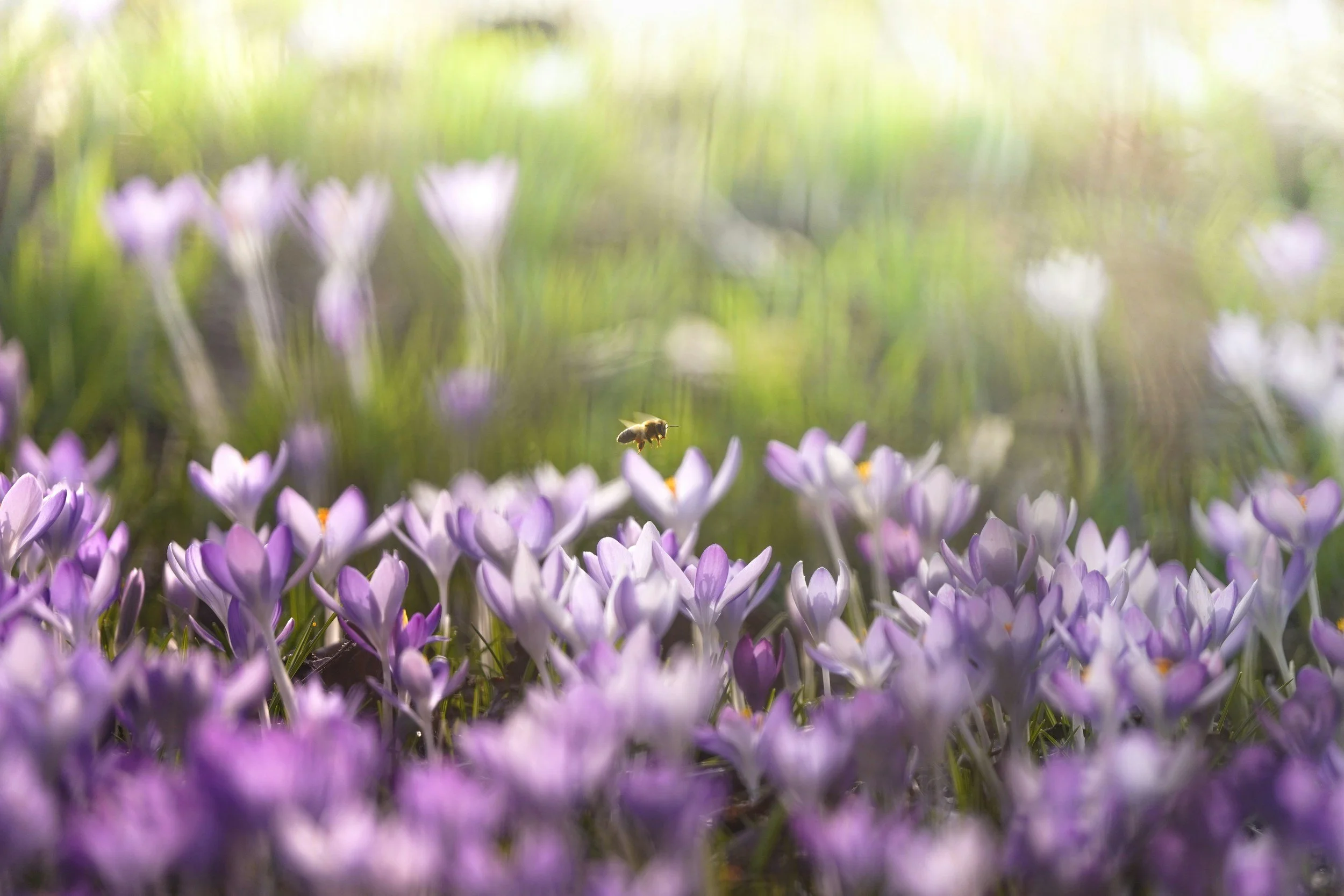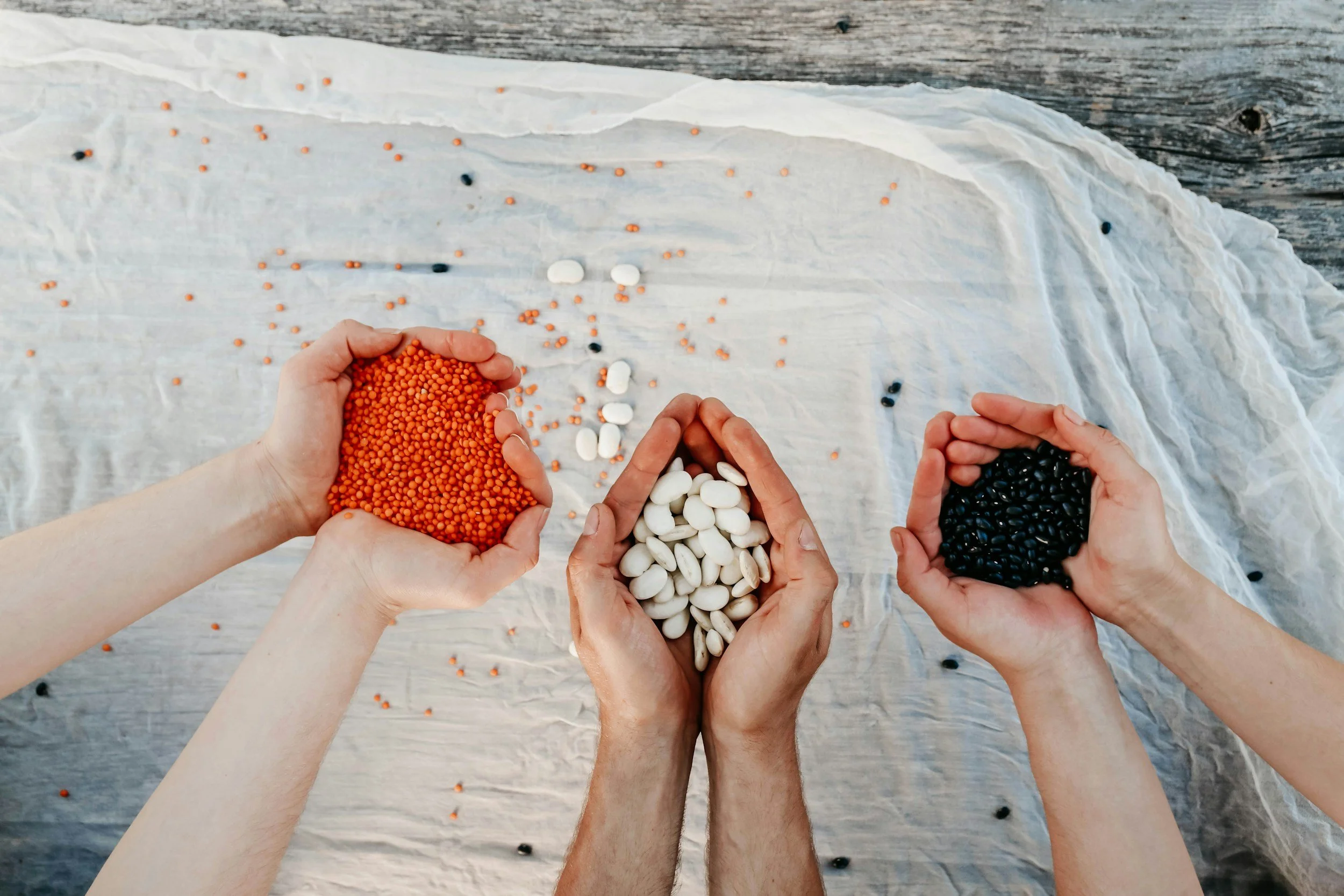What Do Spring, Itchy Eyes, and Your Belly Have in Common?
If your nose has done more running than you have this spring, you’re not alone. This pollen invasion can reduce even the toughest individual to tears and tissues. Seasonal allergies are in full swing, but what if the real solution isn’t just in your medicine cabinet, but in your gut? Read on.
Beyond Antihistamines: A Gut-Level Approach to Allergies
Antihistamines can offer quick relief, but they often lose their punch over time and don’t address the root cause. Instead of masking symptoms, what if we focused on building resilience from the inside out?
Spring allergies—sneezing, itchy eyes, even digestive upset—may actually be linked to the health of your gut lining. When your gut barrier is compromised (a condition often called “leaky gut”), it can trigger immune overreactions that make allergy symptoms worse.
Your Gut: The Immune System’s Command Centre
Did you know that around 70% of your immune cells live in your gut? This makes your digestive system a major player in how your body responds to allergens. A balanced gut microbiome helps regulate immune responses, while an imbalanced one can lead to histamine overload and inflammation.
Histamine, Microbes & the Allergy Storm
Histamine is the chemical behind those annoying allergy symptoms. But here’s the twist:
Some gut bacteria produce histamine.
Others break it down.
And your body relies on enzymes like DAO (Diamine Oxidase) to keep histamine in check.
What You Can Do Today
To reduce allergy symptoms and build long-term tolerance:
Eat probiotic-rich foods like sauerkraut, miso, and kefir.
Add prebiotic fibers from garlic, onions, and bananas.
Cut back on histamine-heavy foods like aged cheese, wine, and smoked meats during allergy season.
Support your gut with herbs and nutrients that reduce inflammation and strengthen your gut lining.
Anti-Allergy Nutrients
Quercetin – A natural antihistamine found in onions, apples, and berries.
Vitamin C – Reduces histamine and boosts immunity. Think citrus, kiwi, and capsicum.
Bromelain – Found in pineapple, it eases nasal swelling and inflammation.
Probiotics – Found in yogurt, kefir, and fermented foods, they help balance gut bacteria.
Turmeric – Curcumin is a potent anti-inflammatory compound.
Spring Without the Sniffles?
Yes, it’s possible. By nurturing your gut, you can help your immune system respond more calmly to seasonal triggers. Instead of just managing symptoms, you’re building resilience—so you can enjoy the season fully, without the tissues.




